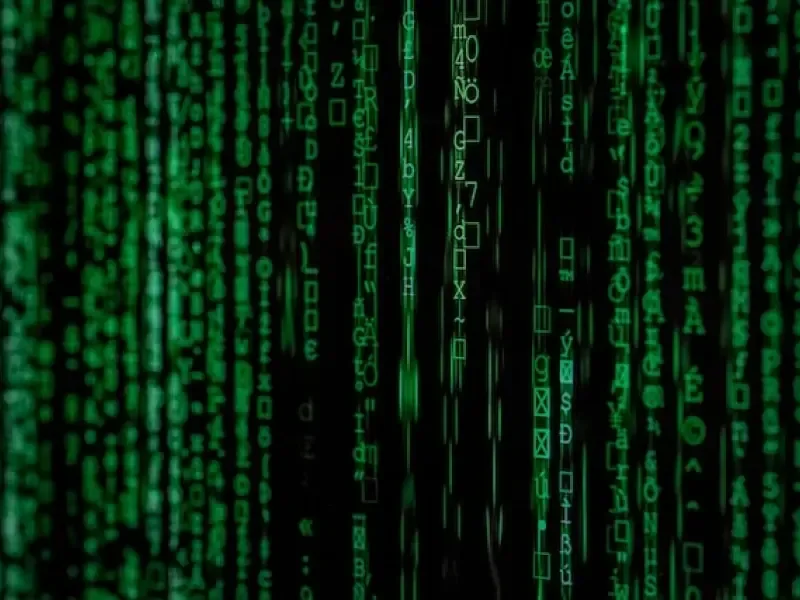News
Press articles and news about Serenicity.

Tribune
March 1, 2022
Cyberwar: territories and communities also concerned.
The world has changed and we cannot compare a war with a cyberwar. We are not talking about fighter jets or tanks leaving one country to go to another. It is about troop movements or showing the whole world in broad daylight that this or that strategic point of a country is the target of your bombs.
The theater of operations of this cyber war, sees mixing with the civil society any connected machine which can be contaminated and thus become a vector of attack to either destroy data necessary to the good functioning of the society, or to attack more consequent targets by attacks of denial of service (to make unavailable a service on line). A country A can carry out a cyber attack from a country B without being seen, both from its own equipment and by interconnecting thousands of previously hacked equipments to use the machine power of the latter and confuse all tracks.
There are no borders anymore, we all have the gift of ubiquity and the power is incredibly dangerous. We are at the dawn where one artificial intelligence will organize a cyber attack while another artificial intelligence will organize the cyber defense.
We are returning to the time when the strongest will be the one who best masters the alloy for his armies. Here it is a mastery of the digital revolution. We understand better why we are entering the race to the quantum and the "new" world that we must inexorably civilize as a matter of urgency.
The boss of the ANSSI (Agence Nationale de la Sécurité des Systèmes d'Information), already in 2018, warned of a worrying trend in recent computer attacks. "What concerns us the most are these attacks on which we don't have the motives. These are high-level attackers..."
The territories, our communities, have been engaged for years in supporting society in its digital transition. Thus, after having contributed for more than 15 years to the deployment of very high speed infrastructures, making possible the development of digital uses and this new economy, the cyber security of these networks becomes a fundamental priority and invites itself in the prerogatives of the communities.
Indeed, cyberattacking a complete chain of digital exchanges can destabilize a whole territory, with a consequent impact on society.
Some examples:
- A lawyer had her printer demonstrate "digital chatter" at night with a foreign country. In fact, her printer keeps track of printed and scanned documents.
- A plumber without his accounting data was unable to invoice his work.
- A slaughterhouse without the traceability of the animals, digitally validated by an approved veterinary laboratory, could not honor its orders.
As digital uses become unavoidable, it is a question of protecting the data of citizens, of the good democratic and economic functioning of the organization of the city. The space where we move around has become a cyberspace.
Some departments have taken the subject head on in order to implement protection on the entire scale of their territory, allowing for a dual action on both the public and private worlds. These actions also enable a local network of actors linked to the world of information technology to gain expertise and become key players in the proper functioning of digital communication tools and their cybersecurity. Of course, these initiatives are complementary to national actions aiming at structuring and pooling rare skills. Those of experts in remediation of attacks. Thus, this joint action of territories closer to citizens and 3.5 million medium and small businesses, and the relay by the cyber campuses wanted by President Macron, providing regional centers of supervision and action on cybersecurity, all links of the digital communication chain can be secured for a defense able to ensure the resilience of territories against massive and warlike cyber attacks.
It is indeed a certain awareness, a general movement of our ecosystems closer to our territories that will allow us to regain our cybersecurity and in fact part of our sovereignty.